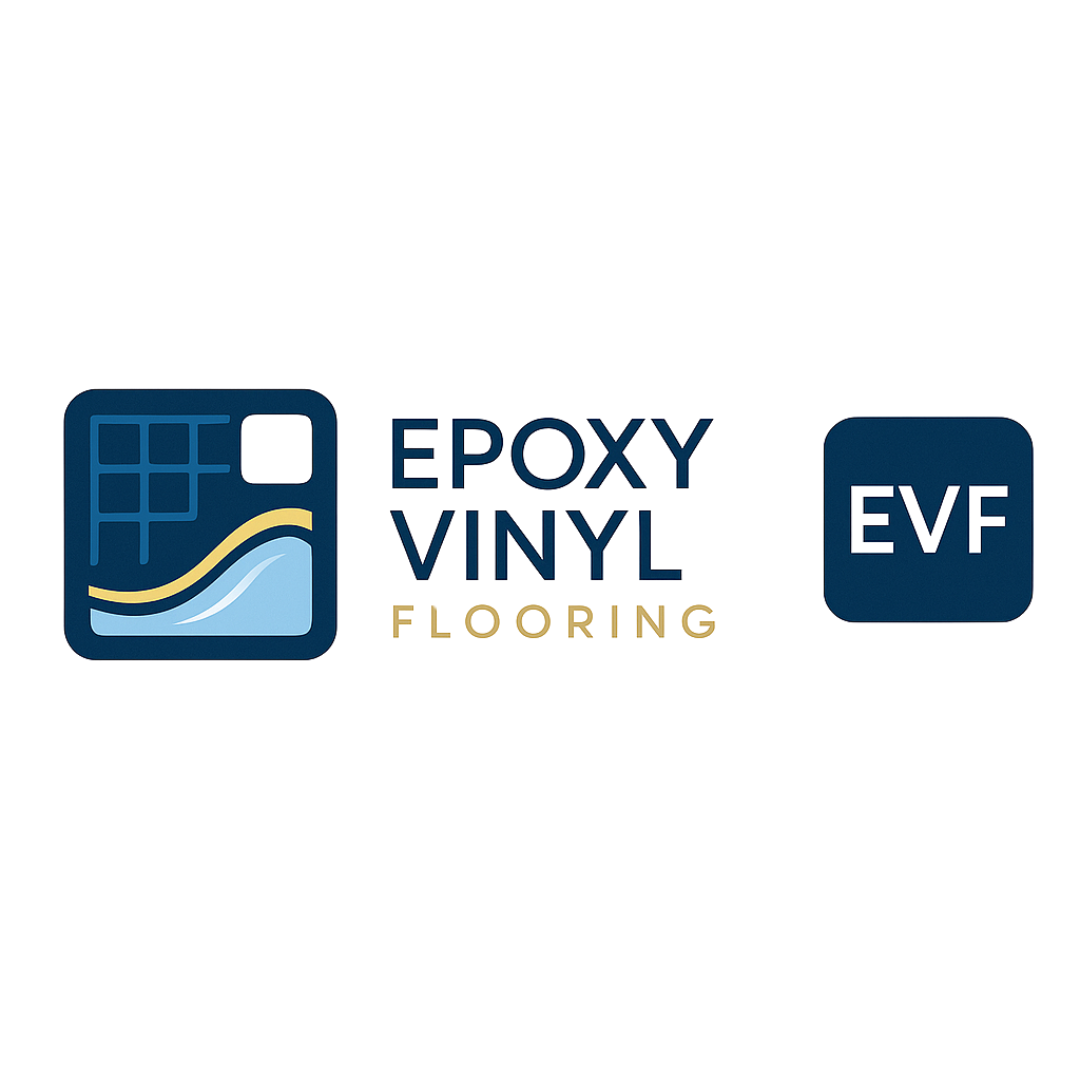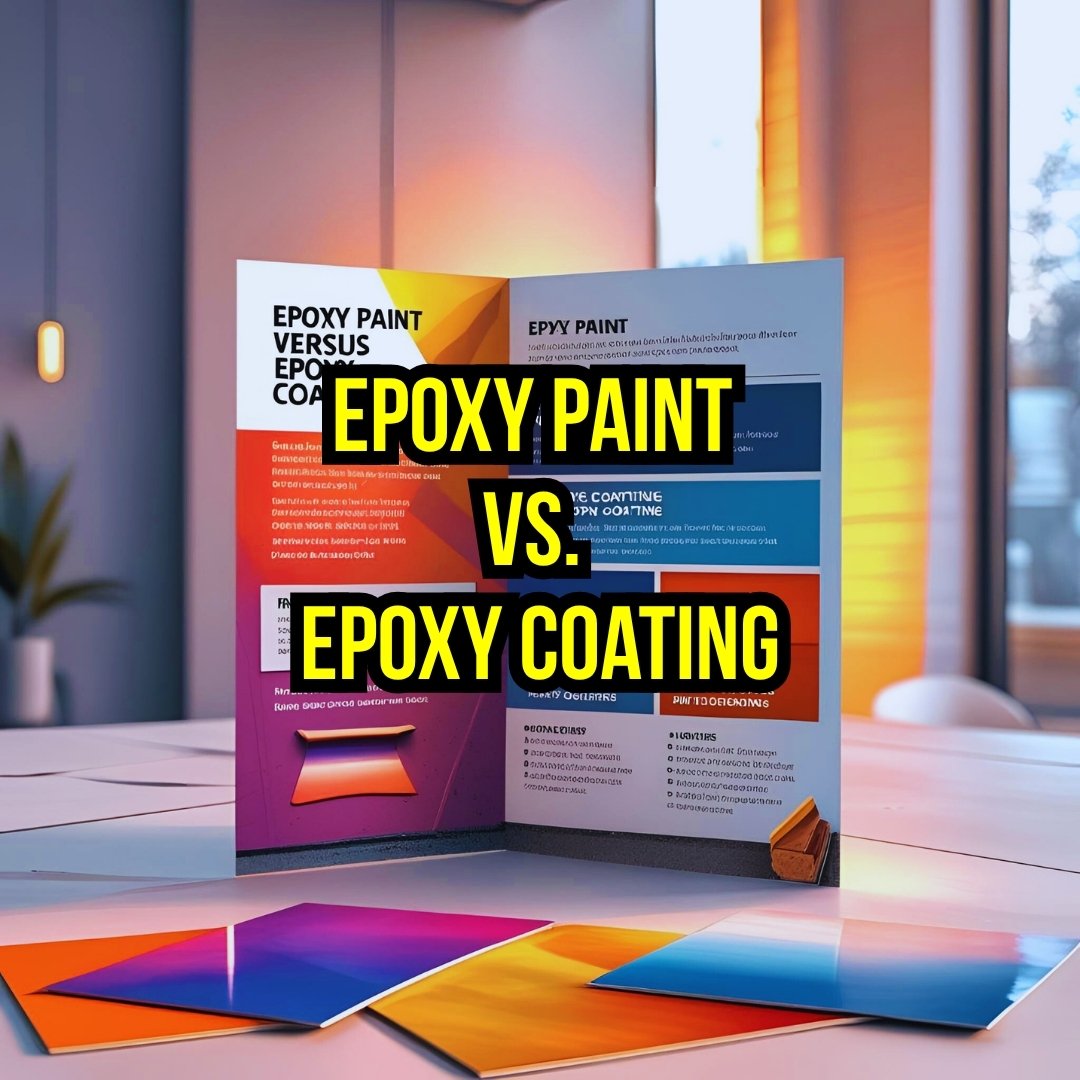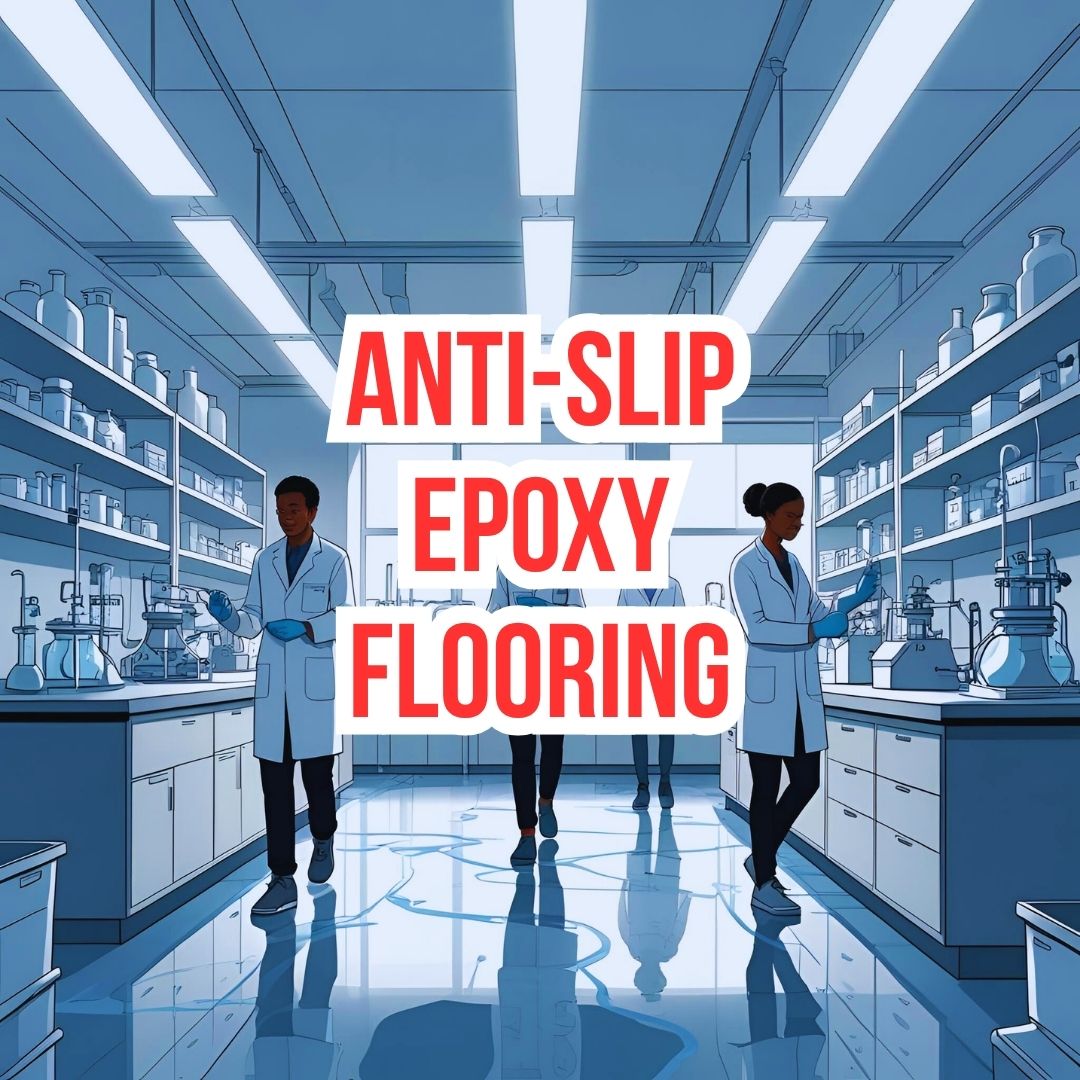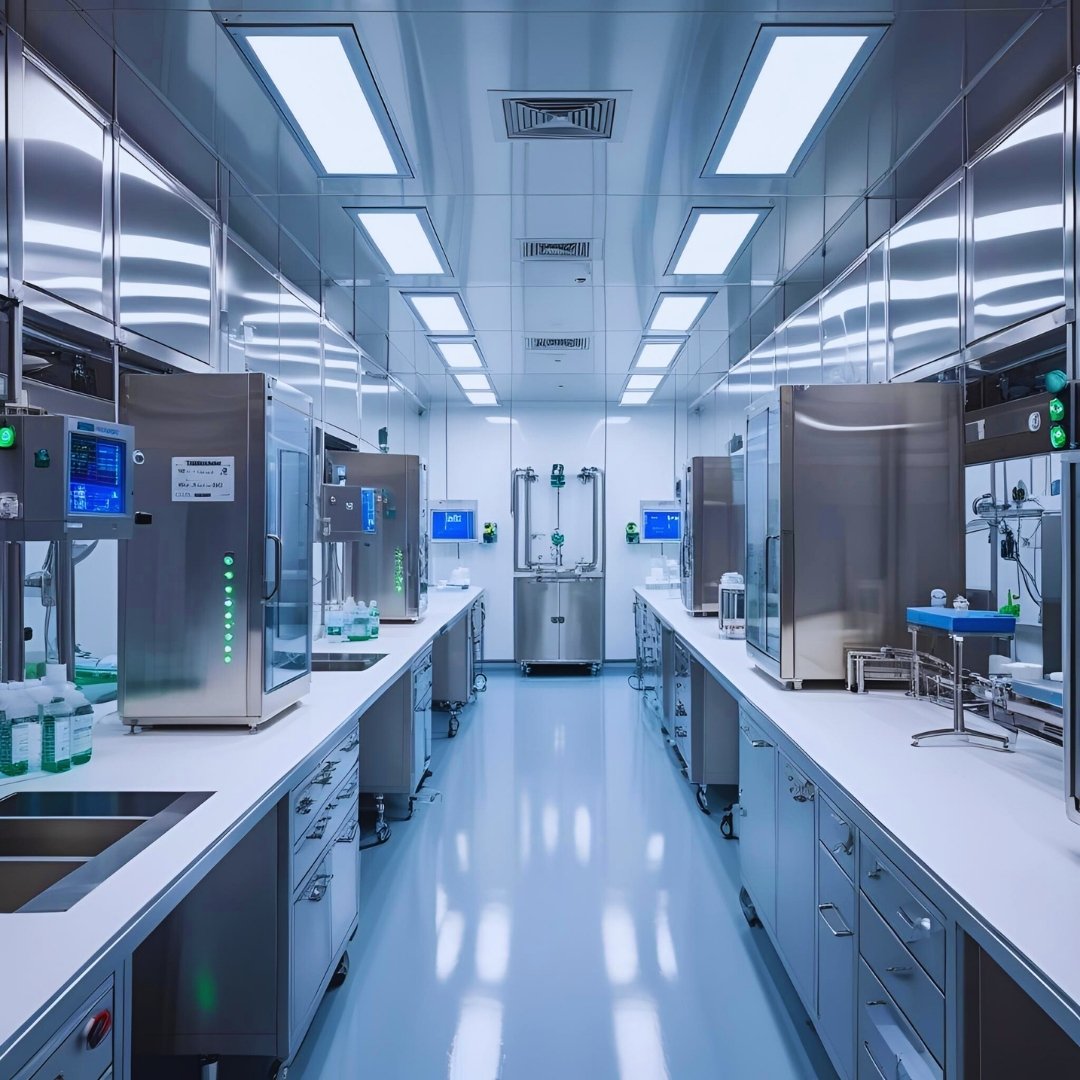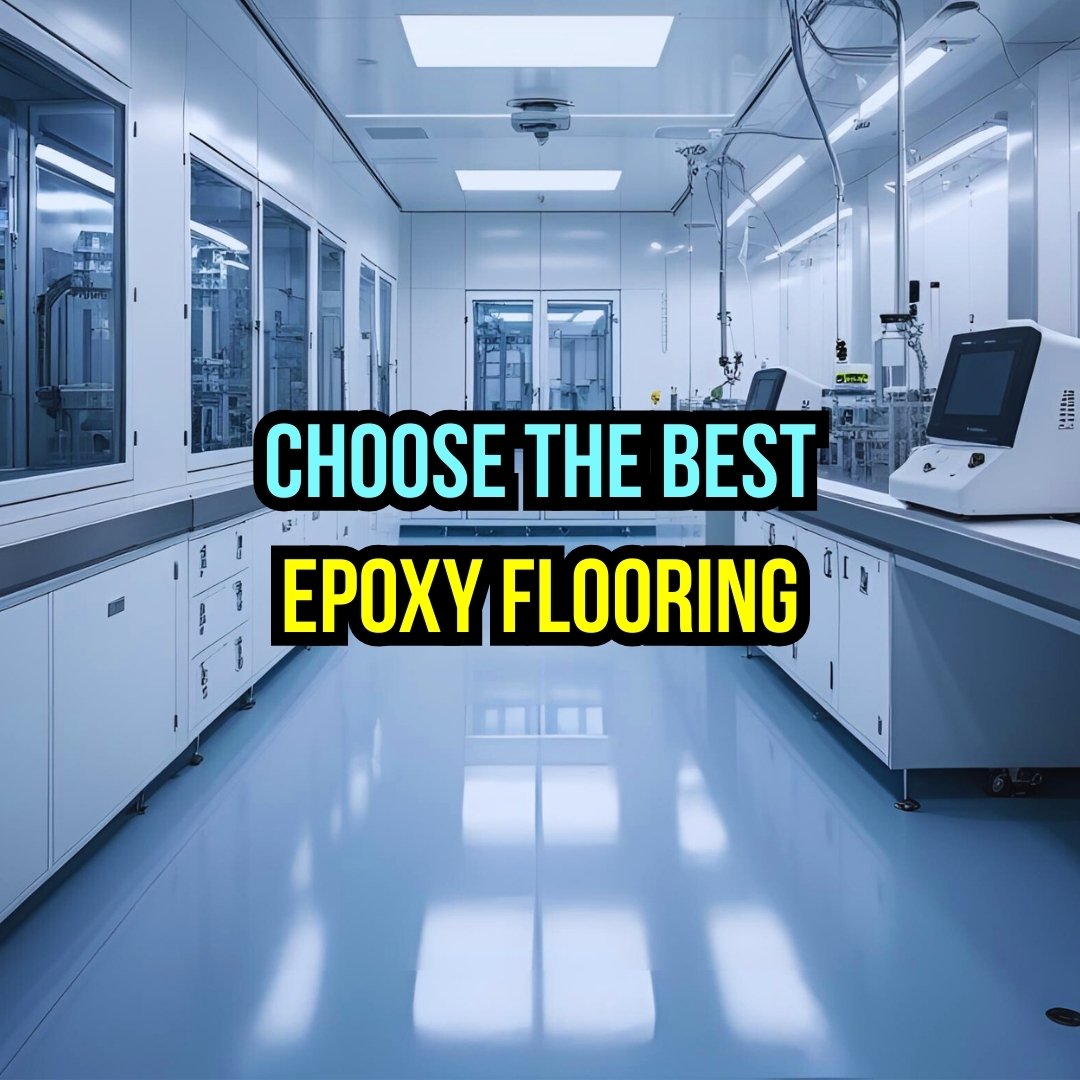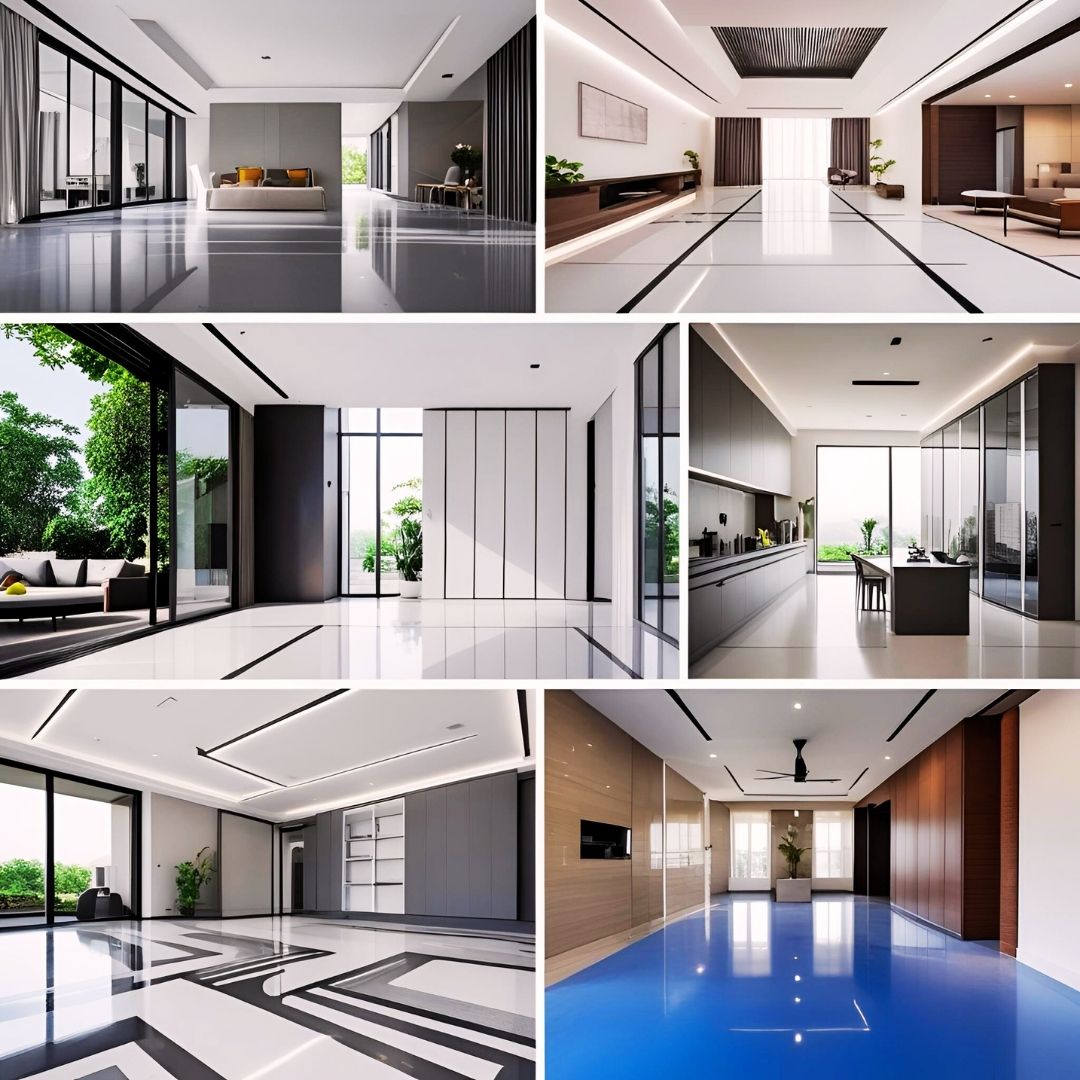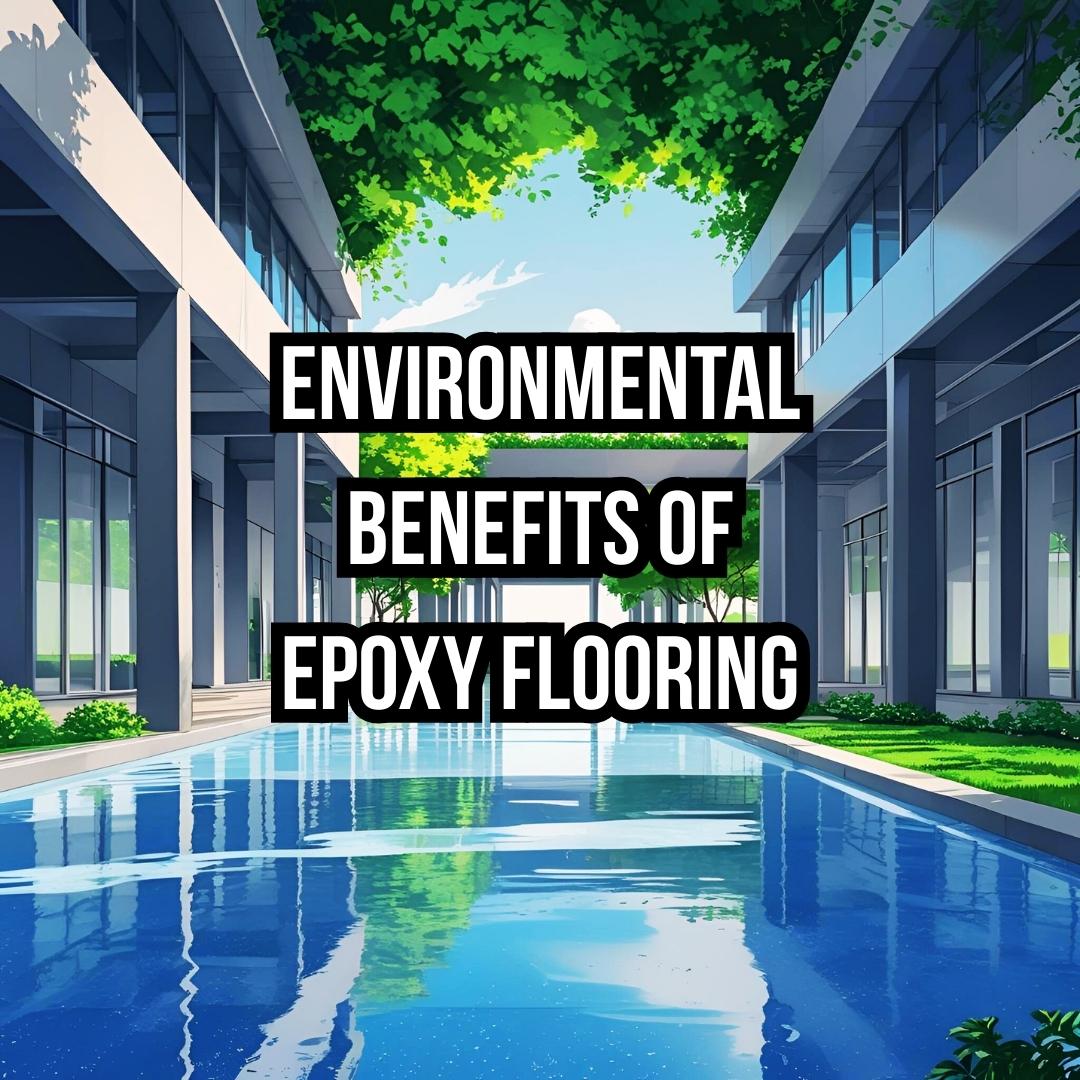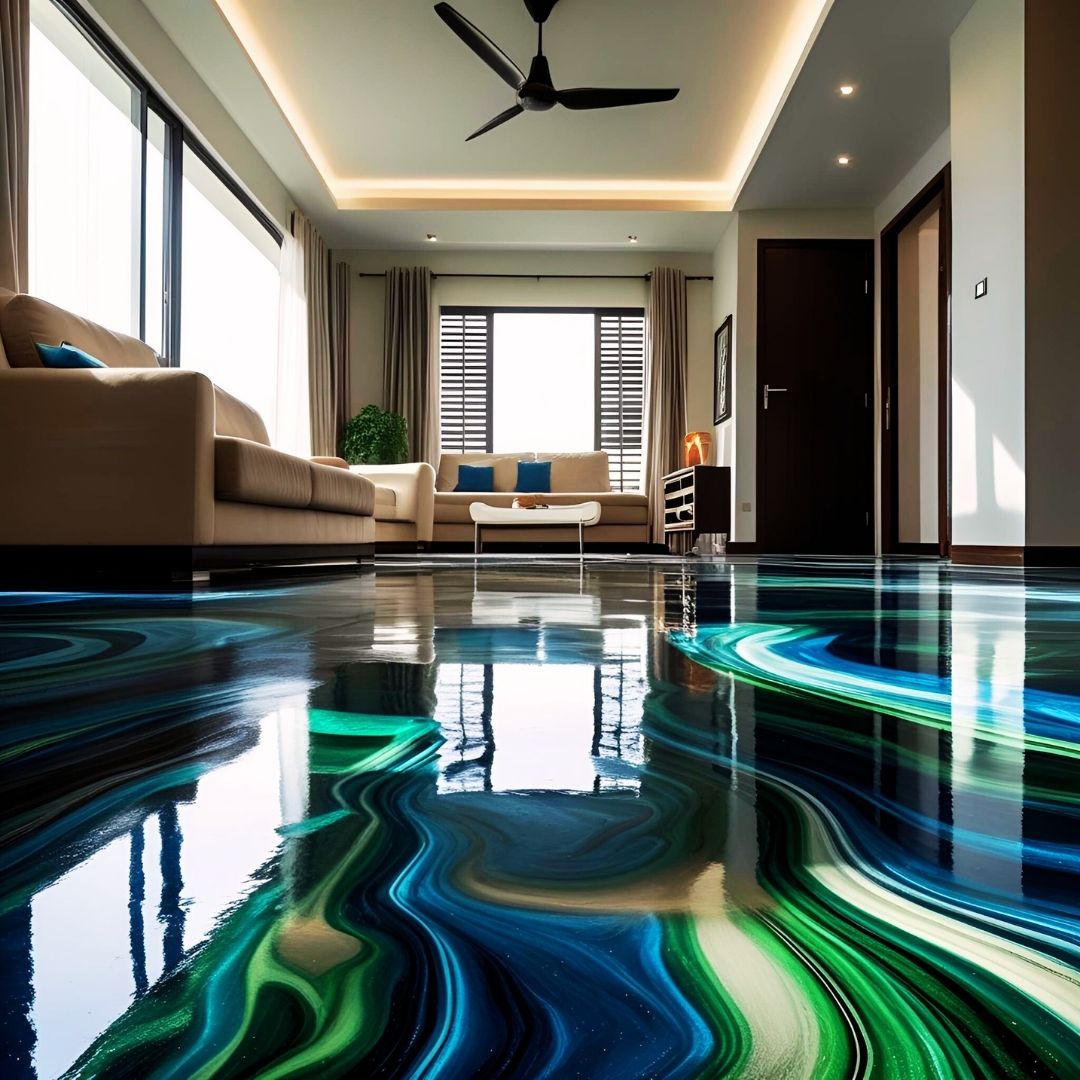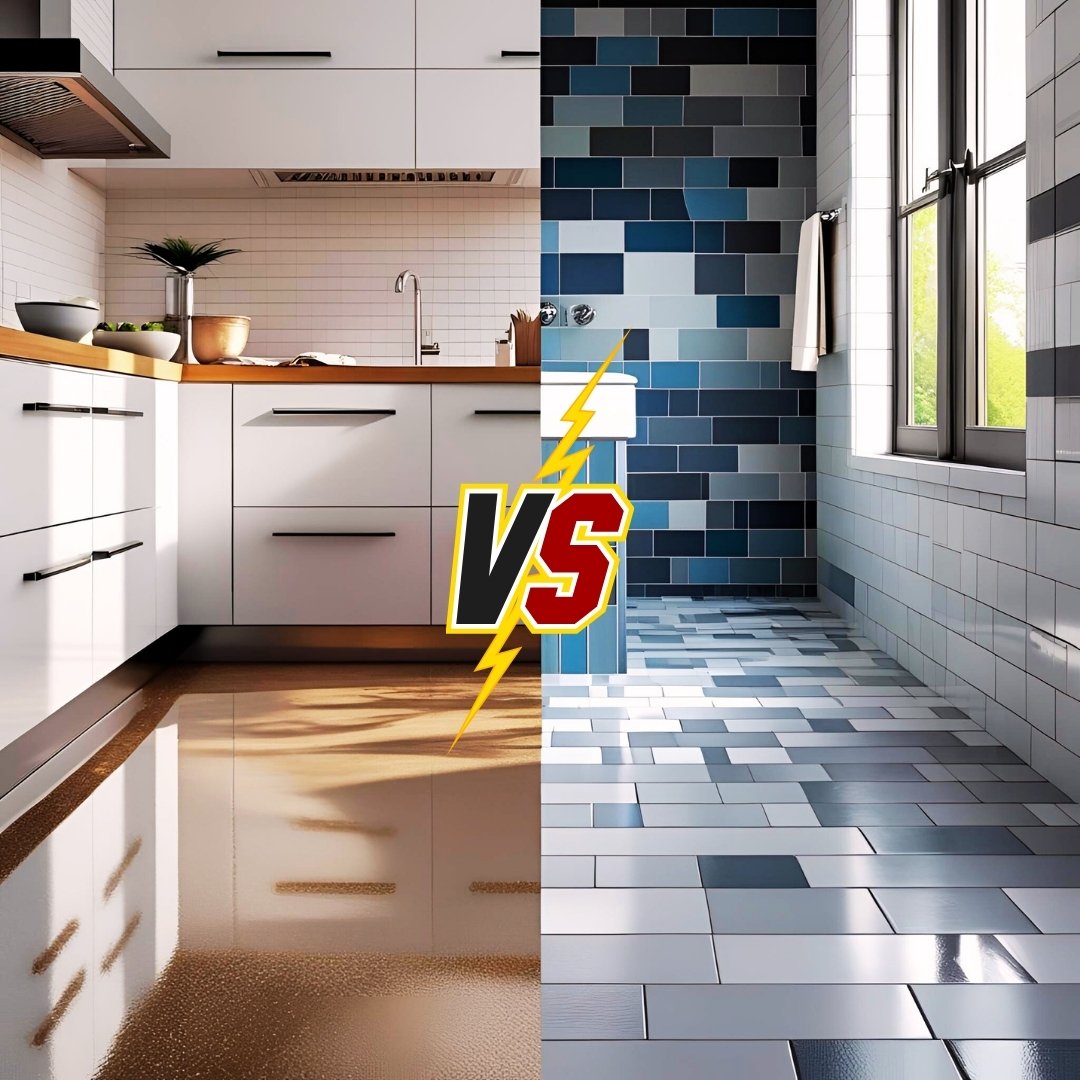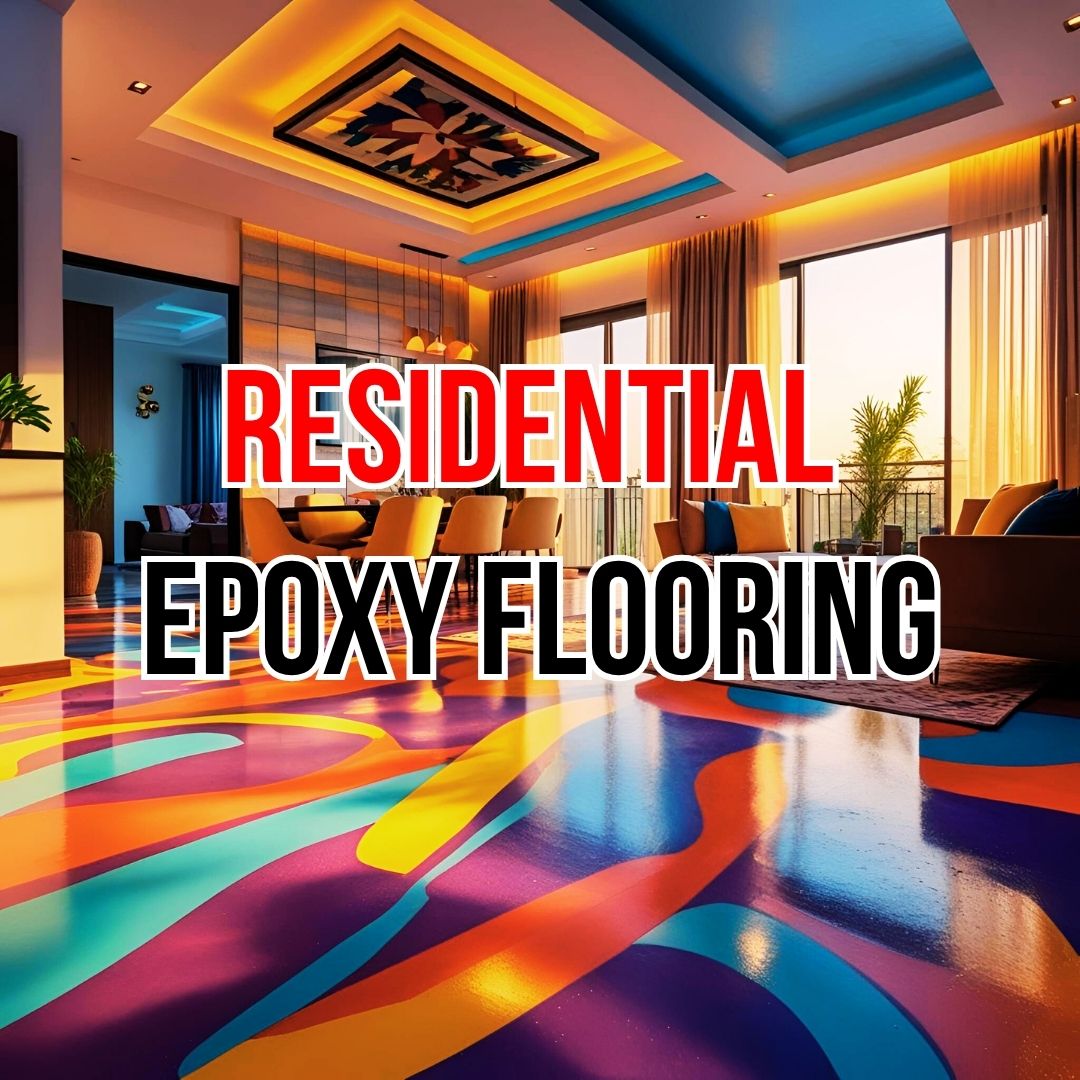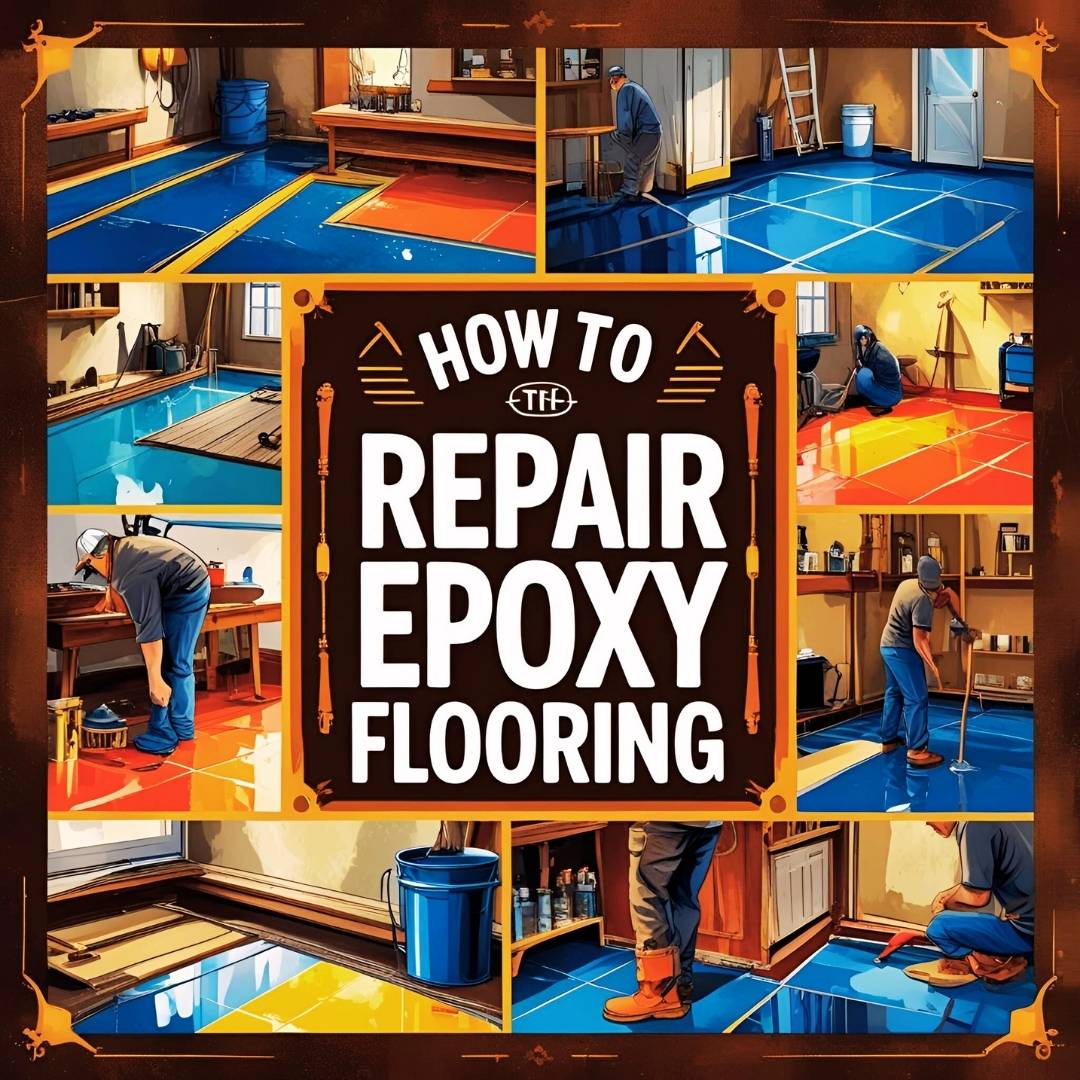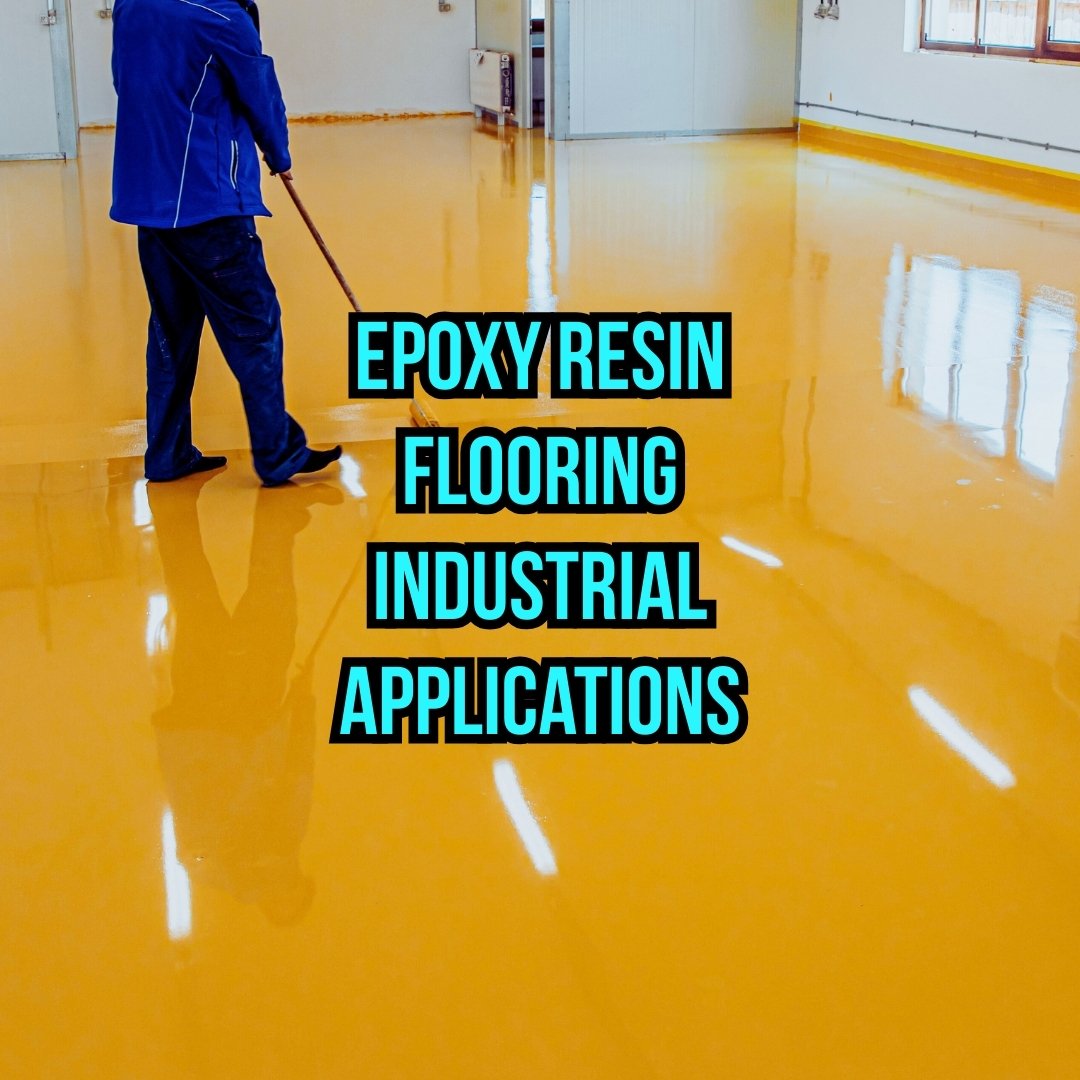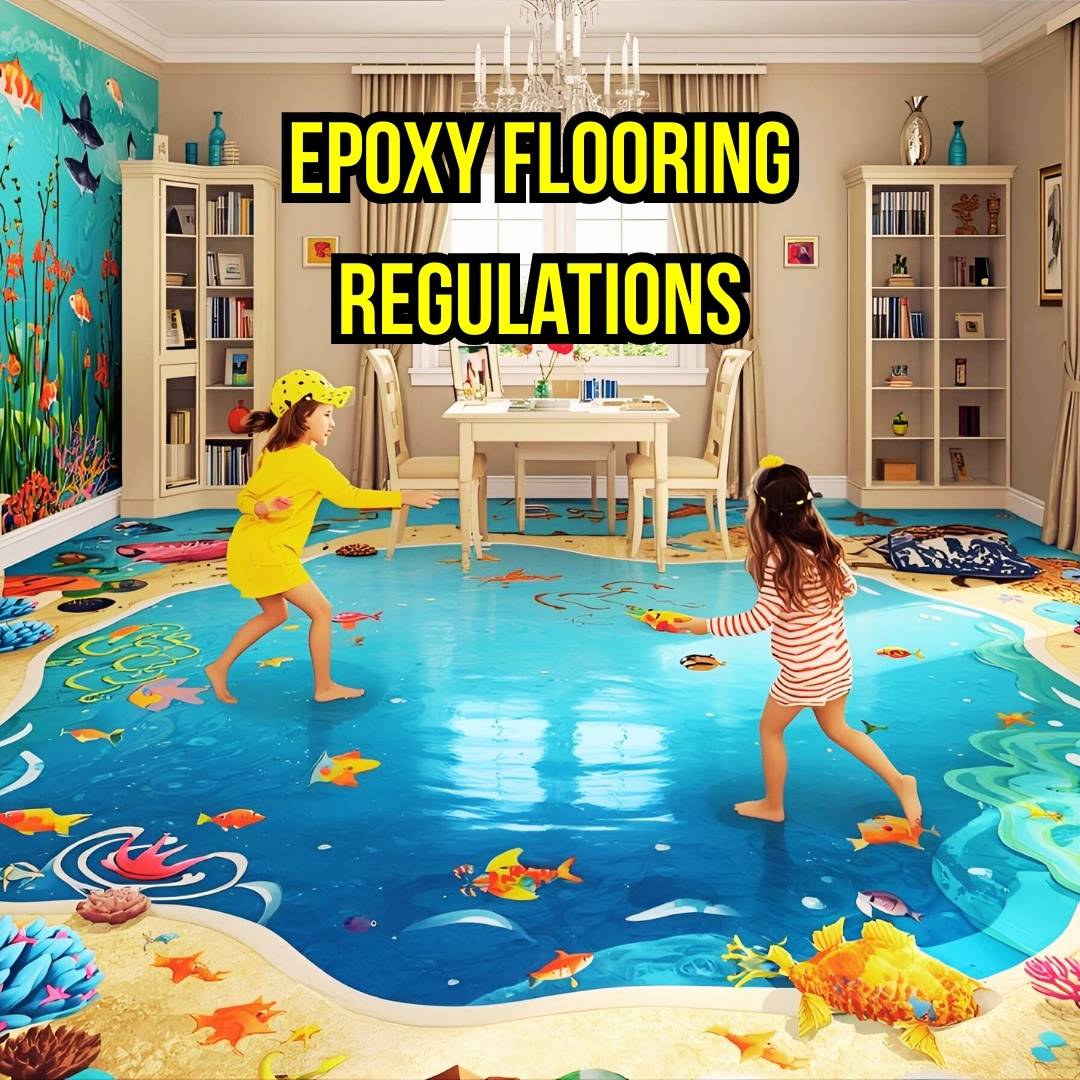
Hospitals in Ahmedabad, from the bustling streets of Navrangpura to the growing hubs of Vastrapur, demand flooring solutions that balance hygiene, durability, and aesthetics. Epoxy flooring has emerged as a top choice for healthcare facilities, especially those aiming to comply with the stringent National Accreditation Board for Hospitals & Healthcare Providers (NABH) standards. This article explores why epoxy flooring is ideal for hospitals, how it meets NABH requirements, and why it’s a smart investment for healthcare infrastructure in areas like Maninagar, Satellite, and beyond. Whether you’re a hospital administrator, architect, or contractor in Ahmedabad, this guide offers practical insights to help you make informed flooring decisions.
Why Epoxy Flooring for Hospitals?
Epoxy flooring, a seamless and durable resin-based coating, is widely used in healthcare settings due to its unique properties. Unlike traditional tiles or vinyl, epoxy creates a smooth, non-porous surface that resists bacteria, chemicals, and wear. For hospitals in Ahmedabad’s high-traffic areas like Shahibaug or Ellis Bridge, where patient safety and hygiene are paramount, epoxy flooring ensures a clean and safe environment. Its versatility also makes it suitable for modular operating theatres (OTs), intensive care units (ICUs), and diagnostic labs across the city.
Key Benefits of Epoxy Flooring in Healthcare
- Hygienic and Easy to Clean: Epoxy’s seamless surface prevents dust, dirt, and microbes from accumulating, making it ideal for sterile environments like those in Paldi’s hospitals.
- Chemical Resistance: Spills of disinfectants or medical fluids in areas like Sabarmati’s clinics won’t damage epoxy floors, ensuring long-term durability.
- Durability and Low Maintenance: With heavy foot traffic in places like Naroda GIDC’s medical facilities, epoxy floors withstand wear and tear, reducing repair costs.
- Aesthetic Appeal: Available in various designs and finishes, epoxy flooring enhances the look of modern hospitals in Bodakdev or Thaltej.
- Safety Features: Anti-slip coatings can be added to ensure safety in high-risk areas like ICUs or OTs in Vatva’s healthcare centers.
These benefits align perfectly with NABH standards, which emphasize hygiene, safety, and infrastructure quality in healthcare facilities. For more details on maintaining epoxy floors, check out our guide on maintaining epoxy floors.
Understanding NABH Standards for Hospital Flooring
The NABH, an Indian accreditation body, sets rigorous standards for healthcare facilities to ensure patient safety and quality care. For flooring, NABH guidelines focus on hygiene, safety, and functionality, particularly in critical areas like operating theatres, ICUs, and labs. Hospitals in Ahmedabad’s Nikol or Memnagar aiming for NABH accreditation must ensure their flooring meets these requirements:
- Seamless and Jointless Surfaces: NABH mandates floors that minimize microbial growth. Epoxy’s seamless nature prevents bacteria from hiding in joints or cracks, unlike tiles.
- Chemical and Stain Resistance: Floors must withstand frequent cleaning with harsh disinfectants, a common practice in hospitals across Sarkhej.
- Slip Resistance: Safety is critical in areas like Kankaria’s emergency wards, where anti-slip epoxy coatings reduce accident risks.
- Durability: NABH requires floors to endure heavy equipment and foot traffic, as seen in Bopal’s multi-specialty hospitals.
- Ease of Maintenance: Low-maintenance floors are essential for busy healthcare settings in areas like Chandkheda.
Epoxy flooring meets these standards, making it a preferred choice for NABH-compliant hospitals. For more information on NABH standards, visit NABH’s official guidelines.
Why Ahmedabad Hospitals Choose Epoxy Flooring
Ahmedabad, a thriving healthcare hub, is home to advanced hospitals and clinics in areas like Gurukul and Rakhial. These facilities face unique challenges, from high patient volumes to Gujarat’s humid climate. Epoxy flooring addresses these challenges effectively:
Climate Adaptability
Ahmedabad’s monsoon season, especially in areas like Juhapura, can lead to moisture-related issues with traditional flooring. Epoxy’s non-porous surface resists water damage, ensuring floors remain intact even during heavy rains. This is particularly crucial for hospitals in low-lying areas like Isanpur.
High Traffic and Equipment Loads
Hospitals in busy areas like CG Road or Ashram Road handle heavy equipment like MRI machines and constant foot traffic. Epoxy’s strength ensures it can withstand these demands without cracking or peeling, unlike tiles or vinyl.
Cost-Effectiveness
The cost of epoxy flooring in Ahmedabad typically ranges from ₹150 to ₹300 per square foot, depending on factors like surface preparation, location, and customization (e.g., anti-slip or antimicrobial coatings). While initial costs may seem higher than tiles, epoxy’s longevity and low maintenance make it a cost-effective choice for hospitals in Naranpura or Gota. For a detailed breakdown, visit our page on epoxy flooring in Ahmedabad.
Customization for Aesthetics
Hospitals in aesthetically conscious areas like Vastrapur or Satellite benefit from epoxy’s customizable designs. From sleek, professional finishes for lobbies to color-coded floors for OTs, epoxy enhances both functionality and visual appeal.
How Epoxy Flooring is Installed in Hospitals
Installing epoxy flooring in a hospital setting requires precision to meet NABH standards. Here’s a simplified overview of the process, tailored for Ahmedabad’s healthcare facilities:
- Surface Preparation: The existing floor, whether in a new hospital in Thaltej or a renovated clinic in Maninagar, is cleaned and leveled. This involves removing dust, grease, or old coatings using sandblasting or chemical cleaners.
- Priming: A primer is applied to ensure adhesion, especially important in humid areas like Vatva GIDC.
- Epoxy Application: Multiple layers of epoxy resin are applied, often with additives like antimicrobial agents for hospitals in Sabarmati. Each layer cures for 12–24 hours.
- Topcoat Application: A protective topcoat is added for durability and slip resistance, critical for OTs in Naroda.
- Curing and Inspection: The floor cures for 48–72 hours before a final inspection ensures compliance with NABH standards.
This process, when done by experts like Epoxy Vinyl Flooring, ensures a hospital-grade floor that lasts 10–15 years with proper care. For more details on the installation process, see our about epoxy and vinyl flooring page.
Comparing Epoxy Flooring vs. Tiles for Hospitals
Hospital administrators in Ahmedabad’s Bapunagar or Shahpur often debate between epoxy flooring and traditional tiles. Here’s a comparison to help you decide:
- Hygiene: Epoxy’s seamless surface outperforms tiles, which have grout lines that harbor bacteria, a concern in sterile environments like Khadia’s labs.
- Durability: Epoxy lasts longer under heavy traffic in areas like Sarkhej Gandhinagar Highway compared to tiles, which may crack.
- Maintenance: Epoxy requires minimal upkeep, unlike tiles that need regular grout cleaning, a time-saver for busy hospitals in Memnagar.
- Cost: Epoxy flooring costs ₹150–₹300 per square foot in Ahmedabad, while tiles may be cheaper upfront but incur higher maintenance costs over time.
- Installation Time: Epoxy takes 3–5 days to install, slightly longer than tiles, but its longevity justifies the time, especially for facilities in Rakhial.
For a deeper comparison, check out our FAQs page.
Epoxy Flooring in Ahmedabad’s Healthcare Sectors
Epoxy flooring serves various healthcare applications in Ahmedabad, from modular OTs in Bodakdev to diagnostic labs in Chandlodia. Here’s how it’s used:
Modular Operating Theatres (OTs)
Modular OTs in hospitals along Drive In Road require floors that are sterile, seamless, and resistant to chemical spills. Epoxy’s antimicrobial properties and smooth finish make it ideal, ensuring compliance with NABH and WHO-GMP standards.
Intensive Care Units (ICUs)
ICUs in Vejalpur’s hospitals need slip-resistant, durable floors to handle medical equipment and frequent cleaning. Epoxy’s customizable anti-slip coatings enhance safety without compromising hygiene.
Diagnostic and Pathology Labs
Labs in Narol or Kathwada rely on epoxy for its chemical resistance, protecting floors from spills of reagents or biological samples. This aligns with NABL standards for lab environments.
Patient Wards and Lobbies
In patient-centric areas like Paldi or Navarangpura Gam, epoxy’s aesthetic versatility creates a welcoming environment while maintaining hygiene, crucial for NABH accreditation.
Cost of Epoxy Flooring in Ahmedabad
The cost of epoxy flooring in Ahmedabad varies based on factors like surface area, location, and specific requirements (e.g., antimicrobial or anti-slip coatings). On average, prices range from ₹150 to ₹300 per square foot. For example:
- A 1,000 sq ft OT in Sabarmati might cost ₹1,50,000–₹3,00,000, depending on customization.
- A diagnostic lab in Nikol may require specialized coatings, pushing costs toward the higher end.
- Factors like surface preparation (e.g., leveling uneven floors in older hospitals in Shahibaug) or Ahmedabad’s humid climate can influence pricing.
For a precise quote tailored to your facility in areas like Ghatlodia or Ranip, contact us at amit@aumindustriesmfg.com or WhatsApp at +91-9274313580.
Vinyl Flooring as an Alternative for Hospitals
While epoxy is the gold standard for NABH-compliant hospital flooring, vinyl flooring is a cost-effective alternative for non-critical areas like waiting rooms or administrative offices in Ahmedabad’s Aslali or Dudheshwar. Vinyl flooring, particularly luxury vinyl planks, offers:
- Affordability: Vinyl costs less than epoxy, typically ₹100–₹200 per square foot in Ahmedabad.
- Ease of Installation: Vinyl rolls or tiles install faster, ideal for quick renovations in Kalupur’s clinics.
- Water Resistance: Vinyl is waterproof, making it suitable for humid areas like Jivraj Park.
However, vinyl may not match epoxy’s durability or chemical resistance, making it less ideal for OTs or labs. For tips on maintaining vinyl floors, visit our guide on maintaining vinyl floors.
Ahmedabad’s Monsoon and Flooring Challenges
Ahmedabad’s monsoon season, particularly in areas like Vastral or Gheekanta, poses challenges for hospital flooring. Humidity can cause tiles to loosen or grout to degrade, leading to hygiene issues. Epoxy flooring’s non-porous surface resists moisture, preventing mold growth and ensuring NABH compliance. Regular maintenance, such as cleaning with mild detergents, keeps epoxy floors in top condition, even in high-humidity areas like Khokhara.
FAQs About Epoxy Flooring for Hospitals in Ahmedabad
1. What is epoxy flooring, and why is it used in hospitals?
Epoxy flooring is a seamless, resin-based coating that provides a durable, hygienic, and chemical-resistant surface. It’s used in hospitals in areas like Nava Wadaj for its ability to meet NABH standards, resist bacteria, and withstand heavy traffic.
2. How much does epoxy flooring cost in Ahmedabad?
The cost ranges from ₹150 to ₹300 per square foot, depending on location (e.g., Bopal or Naroda), surface preparation, and customization like anti-slip or antimicrobial coatings.
3. How does Ahmedabad’s monsoon affect epoxy flooring?
Epoxy’s non-porous surface resists moisture, making it ideal for Ahmedabad’s humid climate in areas like Thaltej. Proper installation and maintenance prevent mold or damage, ensuring longevity.
4. Is epoxy flooring better than tiles for hospitals?
Yes, epoxy outperforms tiles in hygiene, durability, and maintenance. Its seamless surface prevents bacterial growth, making it ideal for NABH-compliant hospitals in Satellite or Shahpur.
5. How long does epoxy flooring last in a hospital?
With proper care, epoxy flooring lasts 10–15 years in high-traffic areas like Maninagar’s hospitals, offering excellent value for money.
6. Can vinyl flooring be used in hospitals?
Vinyl is suitable for non-critical areas like waiting rooms in Chandkheda but lacks the chemical resistance and durability of epoxy for OTs or labs.
Why Choose Epoxy Vinyl Flooring for Your Hospital?
At Epoxy Vinyl Flooring, we bring years of expertise in delivering NABH-compliant flooring solutions across Ahmedabad, from Ambawadi to Vatva GIDC. Our team, led by Amit Kumar Shrivastav, specializes in epoxy and vinyl flooring for hospitals, cleanrooms, and homes. Based at World Trade Tower, A-617, Sarkhej – Gandhinagar Highway, Makarba, Ahmedabad, we understand the unique needs of Gujarat’s healthcare sector.
For a free consultation or quote, contact us at amit@aumindustriesmfg.com or WhatsApp at +91-9274313580. Let us help you create a safe, hygienic, and durable flooring solution for your hospital in Ahmedabad.

